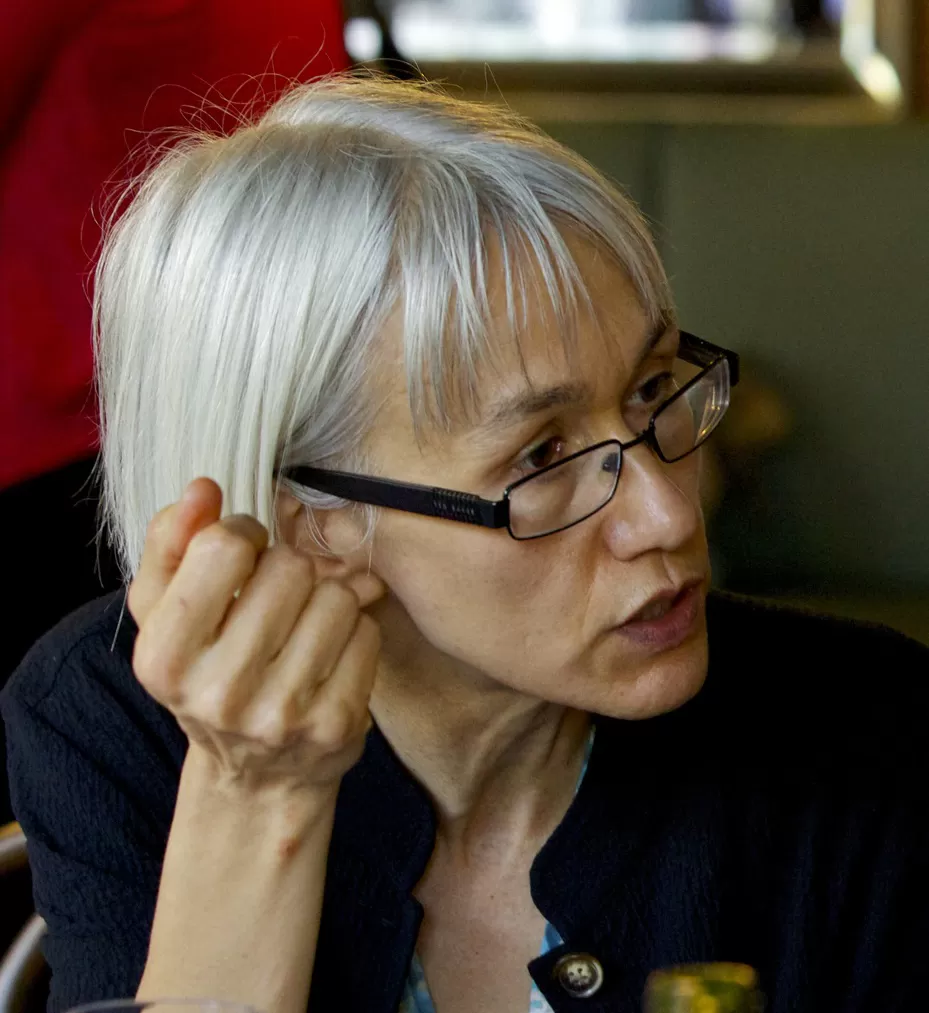Trained in planning and architecture, Ann Forsyth is a professor of urban planning at the Harvard Graduate School of Design. From 2007-2012 she was a professor of city and regional planning at Cornell. She taught previously at at the University of Minnesota, directing the Metropolitan Design Center (2002-2007), Harvard (1999-2002), and the University of Massachusetts (1993-1999) where she was co-director of a small community design center, the Urban Places Project. She has held short-term positions at Columbia, Macquarie, and Sydney Universities. Ann Forsyth’s work focuses on the social aspects of physical planning and urban development. The big question behind her research and practice is how to make cities more sustainable and healthy. Forsyth’s contributions have been to analyze the success of planned alternatives to sprawl, particularly exploring the tensions between social and ecological values in urban design. Several issues prove to be the most difficult to deal with in planning better places and provide a focus for some of her more detailed investigations: suburban design more generally (sense of place, overall layout) and other aspects of healthy places (walkability, social diversity, housing, green space, food). Forsyth received her B.Sc. in Architecture from the University of Sydney, an M.A. in Urban Planning from UCLA, and a Ph.D. in City and Regional Planning from Cornell.
Defining the Planning Skill Set: Resources for Students
<p class="MsoNormal"> At the beginning of semester students are signing up for classes and planning their degrees. Lately, a question I have been asked quite frequently is which classes will make new planners most employable? Students ask if computer aided design or GIS will be key. However, surveys of planning practitioners show that a far more basic set of skills is important—skills in communication, information analysis and synthesis, political savvy, and basic workplace competencies and attitudes. </p> <p class="MsoNormal"> Below, I highlight three of these studies from across three decades: </p>
Images for Planning: Free Internet Resources
<p class="MsoNormal"> Visual communication is becoming more sophisticated in planning, however many online image sources are restricted and require payment for use. Others, such as flikr.com and Google Images are extremely useful but have uneven quality and information provided about the images can be difficult to assess. While flckr.com and Google Images will remain a key resource, a number of other online image databases provide more consistent metadata along with free access. </p>
Reflecting on Planning and the Planet: Summer Readings that Help You Think
<p class="MsoNormal">Lastmonth’s blog outlined how to find books recommended by many planners—important,classic, or accessible. </p><p class="MsoNormal">However,summer is also a time to push your viewpoint a bit further. For those wantingreadings that might push you tothink differently about planning, the following lists are useful startingpoints. (And a note to planners—we need more of these lists reflecting different placesand people and issues!) </p>
Summer Reading about Planning: The Basics
<p class="MsoNormal"> As the northern summer starts, one of the questions I am asked most frequently by current and prospective planning students is: what should I read? A number of resources are available to answer this question. This month I look at general planning readings for a North American audience but in coming months I’ll explore readings about global planning issues, planning methods, and planning classics. </p> <p class="MsoNormal"> For those wanting an overview of planning issues, the following lists are good places to start: </p>
Finishing the Exit Project in Planning
<p class="MsoNormal"> My recent posts have provided advice on the exit project or thesis in planning: <span style="background: yellow none repeat scroll 0% 50%; -moz-background-clip: -moz-initial; -moz-background-origin: -moz-initial; -moz-background-inline-policy: -moz-initial">how to <a href="/node/29520" target="_blank">get started</a>, write a <a href="/node/29949" target="_blank">proposal</a>, <a href="/node/30572" target="_blank">manage</a> one’s committee, and <a href="/node/29121" target="_blank">troubleshoot problems</a></span>.

























